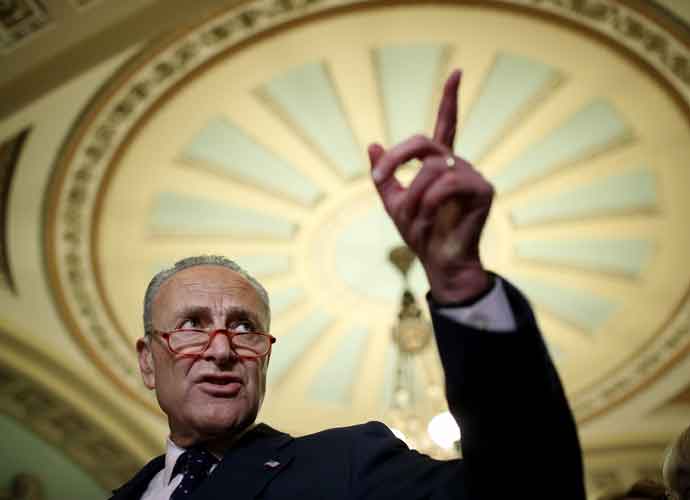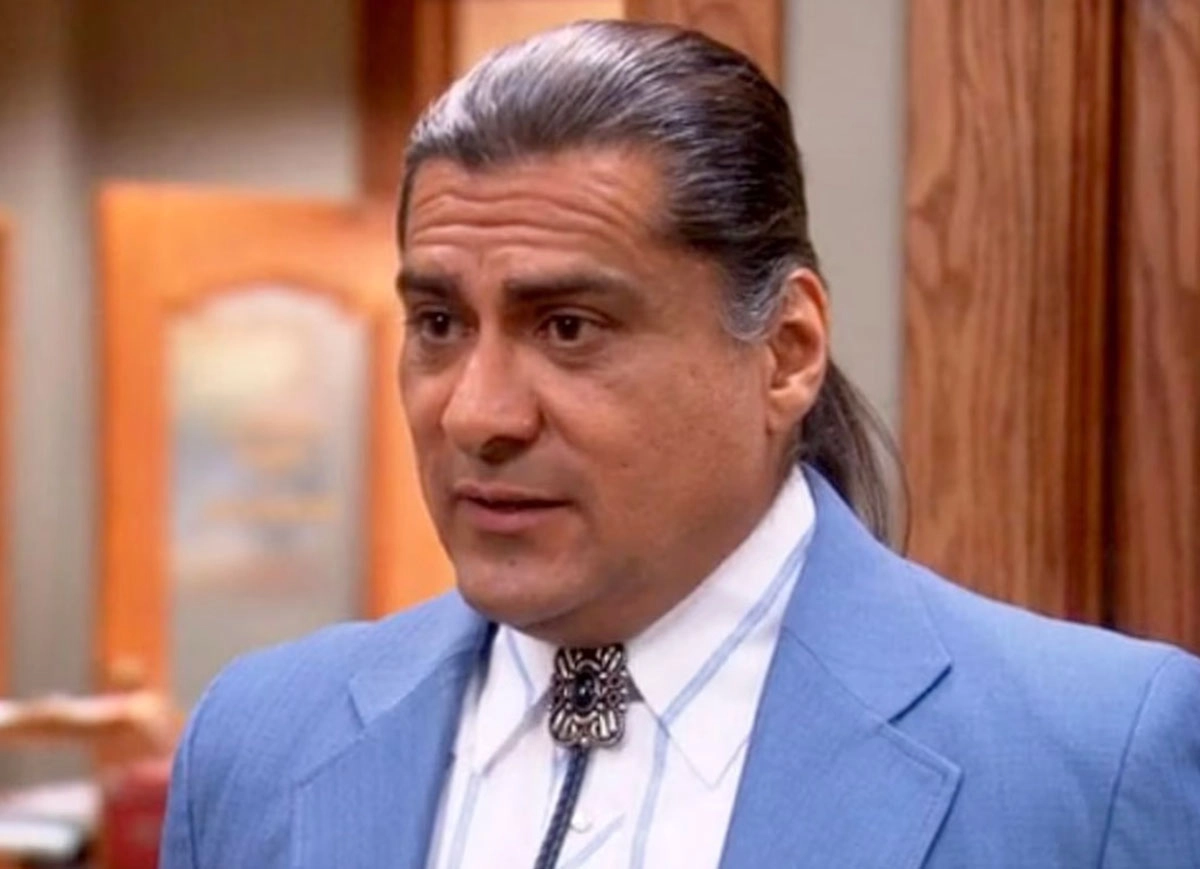Senate Passes Debt Deal Averting U.S. Government Default
On Thursday night, the Senate passed a bipartisan bill to lift the debt ceiling and cap spending averting a potentially catastrophic default on government debt for the first time in U.S. history by a vote of 63 to 36.
The bill now goes to President Joe Biden who has vowed to sign the bill before Monday’s deadline for default.
The House passed the bill on Wednesday night.
The bill follows weeks of negotiations between the White House and House Speaker Kevin McCarthy (R-California) and marks McCarthy’s most significant bipartisan achievement after struggling to gain support from right-wing Republicans for his speakership.
Subscribe to our free weekly newsletter!
A week of political news in your in-box.
We find the news you need to know, so you don't have to.
The bill would suspend the federal debt limit for two years until January 1, 2025. This allows the government to pay its obligations on time. It would also set spending limits for the next two years and cut government funding by one percent — among other policies.
The House voted 314-117 for the bill. About two-thirds of Republicans voted “yes,” but several GOP lawmakers said the measure was not sufficient. Rep. Dan Bishop (R-North Carolina) called for McCarthy to vacate his Speakership on Tuesday.
Regardless, the successful vote is a win for McCarthy and bipartisanship alike. One hundred sixty-five Democrats supported the bill, even though it implements some policies they don’t support. Likewise, McCarthy had to defy some of his conservative colleagues’ desires to reach a compromise with Democrats.
Get the most-revealing celebrity conversations with the uInterview podcast!






Leave a comment